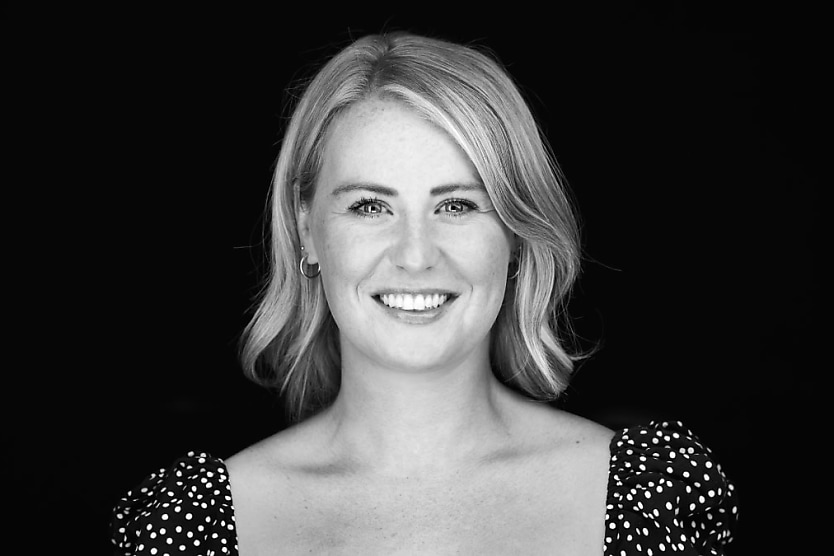
Tash Cahill, people and culture director at AVL Wines, notes that having a mix of ages at your company will allow for ‘diversity of thought’ and promote inclusivity.
“I think the inclusive culture is the biggest advantage that you’re going to get from generational diversity,” said Ms Cahill.
“Without that safe and inclusive culture, you won’t achieve diversity. Without diversity, you won’t achieve diversity of thought. I think it’s so fundamental that you’ve got to get that culture right first.”
Creating a culture that promotes inclusiveness can not only attract talent but also it can keep staff, reducing employee turnover. Ms Cahill says that having comfortable staff will improve productivity as happy people work better.
“Once you’ve got that safe and inclusive culture, you’ll see all the advantages start to roll through of diversity of thought and generational diversity, which diversity of thought is absolutely an outcome of. So, the benefits are huge: happy, engaged employees, which then drives discretionary effort, innovation, business results, competitive advantage, and really good talent,” she explained.
“The risk of not having that inclusive culture, driving the right behaviours and having different generations and diversity as well as the generational differences, is that you’re truly at risk of having group think, group decision-making, lack of innovation, lack of discretionary effort. You’ve kind of just got people coming into work to do the job and not getting that competitive advantage.”
Having older people involved in the business may be a positive step towards creating role models for younger employees. Ms Cahill says this rings true for gender as well, as diversifying staff can create more opportunities for mentorship.
Ms Cahill said: “I think it’s really important to have diversity as a whole outside of age, age and gender as well for role modelling. We know that mentoring and coaching has a huge impact on role modelling as well. And something that we’ve introduced over the last year is definitely mentoring and coaching across different areas of the business, different roles, different levels to really help with that.”
Not only do older employees bring benefits to the business, but society as a whole may benefit as the Australian Human Rights Commission noted: “Older workers benefit from increased incomes and savings that help to raise living standards in retirement. Staying in the workforce also helps to improve health outcomes and general wellbeing for older people. This would help to reduce demand on health and welfare systems. Workplaces and the overall economy can benefit from using the ‘experience and skills of older workers to train younger and newer employees.’”
Similarly, younger employees can bring unique merit to their job. As listed on Headspace, youth employment can create:
- Innovation
- Better understanding of technology
- Community connections
- Willingness to learn and enthusiasm to a business
The transcript of this podcast episode, when quoted above, was slightly edited for publishing purposes. The full conversation with Tash Cahill is below.
RELATED TERMS
Ageism, often known as age discrimination, is the act of treating someone unjustly because of their age. In the workplace, this might manifest as a person being passed over for a job or promotion, older workers being denied benefits or early termination of employment.
Jack Campbell
Jack is the editor at HR Leader.










